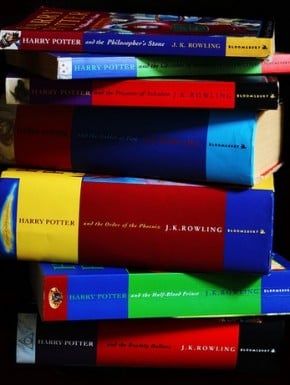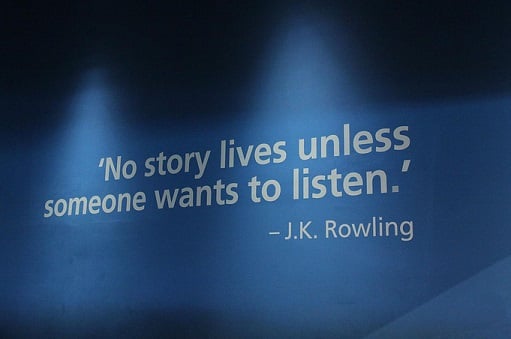
By ANTHONY GIERZYNSKI
The idea that entertainment has an effect on our politics might seem ludicrous to some. Many would scoff at the notion that the Star Wars saga might have influenced the political socialisation of Generation X. Or that the music that the baby boomers listened to played a supporting role in the development of that generation’s politics.
And perhaps, most ridiculous of all, is the idea that JK Rowling’s immensely popular tale of the boy-who-lived could have played a role in the political development of that generation, the Millenials. Let alone an election result. But this is exactly what some recent research of mine indicates.
I found empirical support for the idea that the Harry Potter series influenced the political values and perspectives of the generation that came of age with these books. Reading the books correlated with greater levels of acceptance for out-groups, higher political tolerance, less predisposition to authoritarianism, greater support for equality, and greater opposition to the use of violence and torture. As Harry Potter fans will have noted, these are major themes repeated throughout the series. These correlations remained significant even when applying more sophisticated statistical analyses – when controlling for, among other things, parental influence.
I’m not saying, Rita Skeeter like, that “Harry Potter helped Obama get elected” or that “Harry Potter books brainwashed millennials”, as much of the coverage of my research indicated. It’s of course much more nuanced than this. And in a world where consumption of entertainment media is escalating, allowing many to avoid news coverage altogether in favour of fun, thinking about this is more important than ever.



Top Comments
I have been thinking lately that because I didn't have much of a censorship in terms of what films I saw as a child I was always quite liberal minded even from an early age. I was exposed to a wide range of films (from 'good' films to pulp flicks) so I was able to take in (subconsciously as you say in the article) and cultivate my own opinions and standpoints, with an emphasis on a lack of prejudice.
To Kill A Mockingbird absolutely changed my perspective when i was a young teenager in the 80s. I had never seriously considered the impact of race and SES status on people. The prospect of walking around in someone else's shoes was new and life changing.